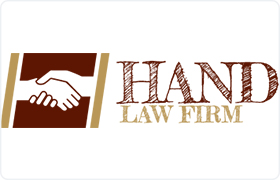 Russell County, AL Felony Lawyers
Russell County, AL Felony Lawyers
Sponsored Law Firm
-
 x
x

Click For More Info:
-
Hand & Associates, LLC
114 N 8th St Opelika, AL 36801» view mapAccident & Injury, Family, Business, Wills, Criminal Accomplished · Determined · Experienced
Our approachable attorneys immediately put you at ease about your legal problem. We are focused on making a brighter future for you.
334-741-4077
Not enough matches for Russell Felony lawyer.
Below are all Russell lawyers.
Lawyers
1-10 of 23 matches
Wills & Probate, Divorce & Family Law, Criminal, Medical Malpractice
Family Law, Divorce, Children's Rights, Collection
Social Security, Workers' Compensation, Criminal, Slip & Fall Accident, Accident & Injury
Divorce & Family Law, Criminal, Wrongful Death, Personal Injury
Accident & Injury, Business, Criminal, Divorce
Personal Injury, Wrongful Death, Criminal, Social Security -- Disability
Accident & Injury, Personal Injury, Insurance, Divorce & Family Law
Accident & Injury, Personal Injury, Products Liability, Employment
Divorce & Family Law, Criminal, Personal Injury, Accident & Injury



 Benny Hand Opelika, AL
Benny Hand Opelika, AL Practice AreasExpertise
Practice AreasExpertise